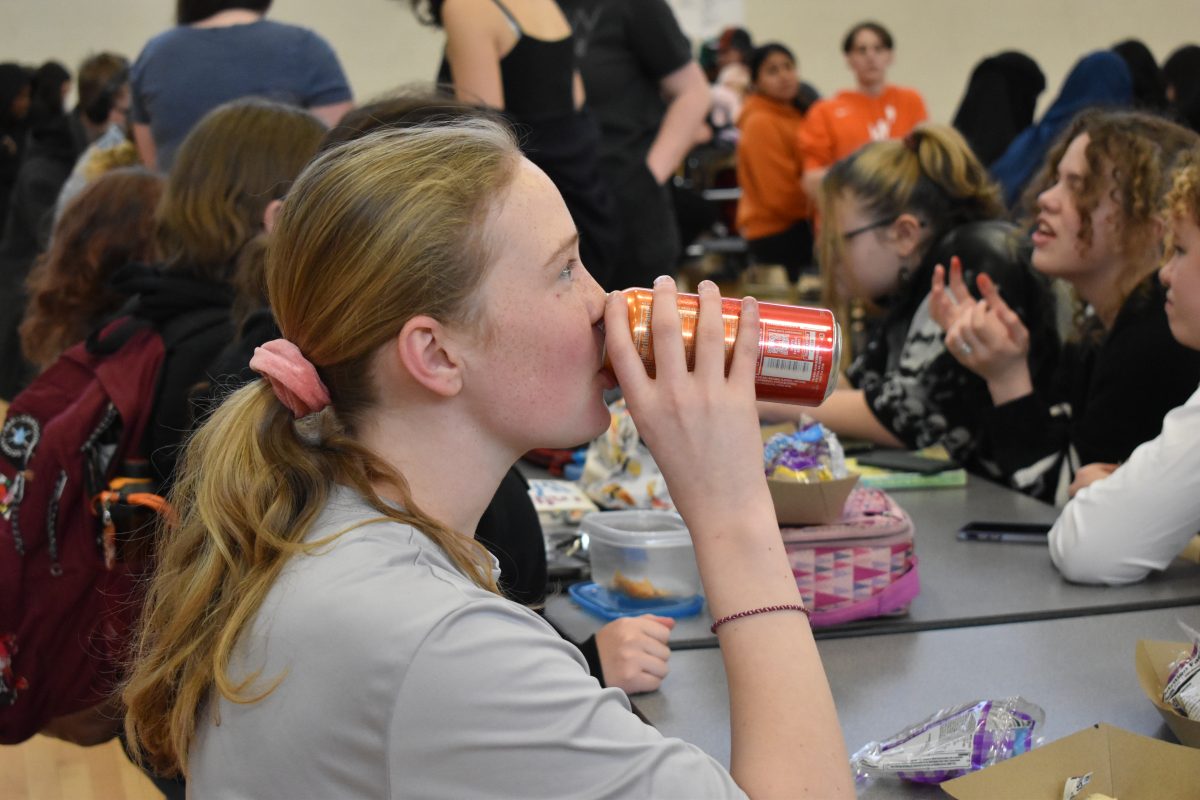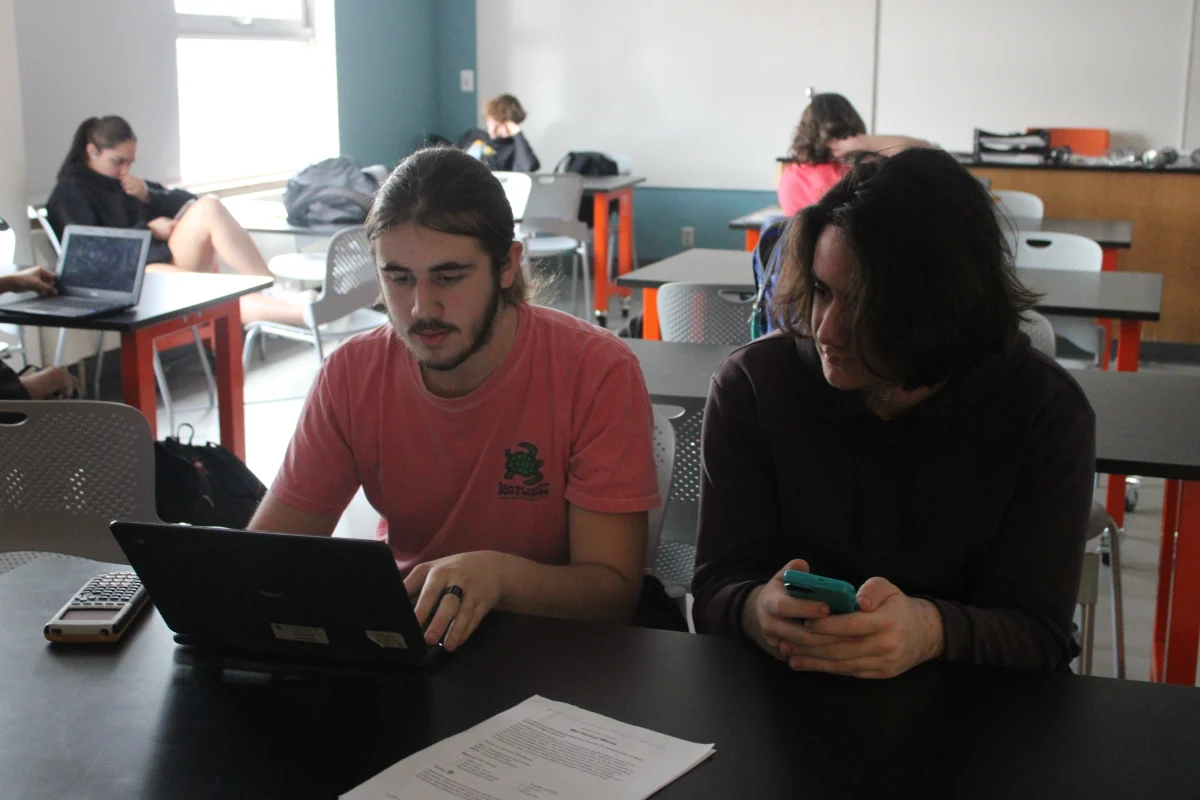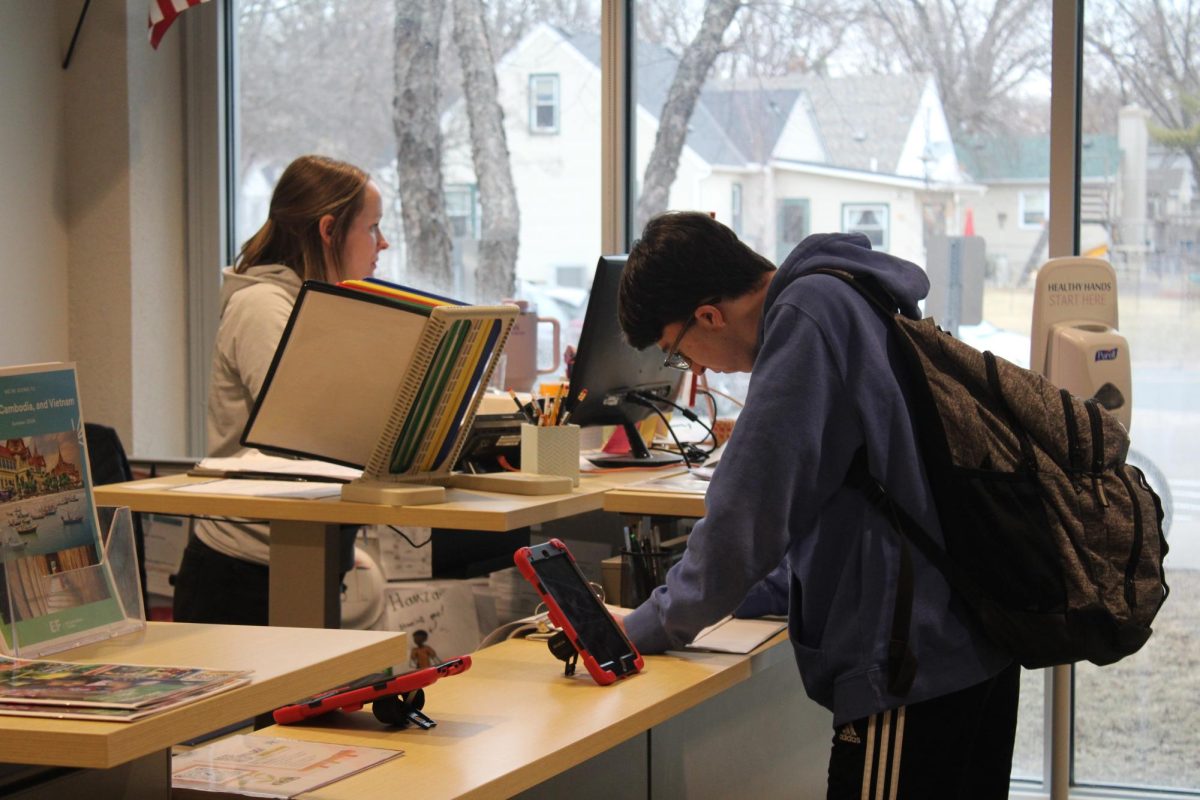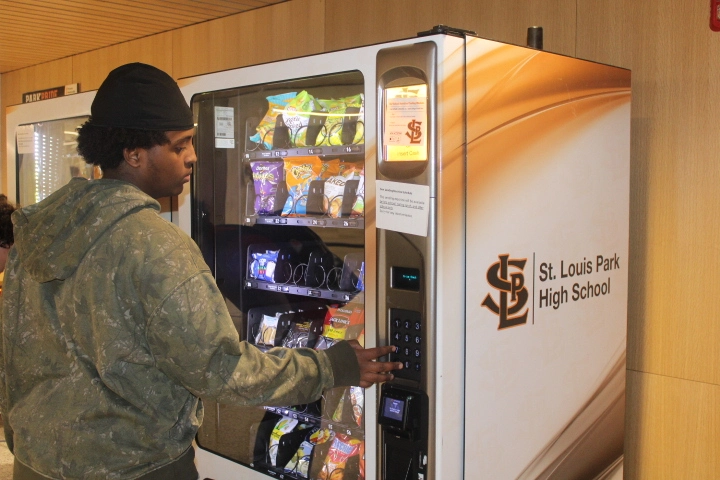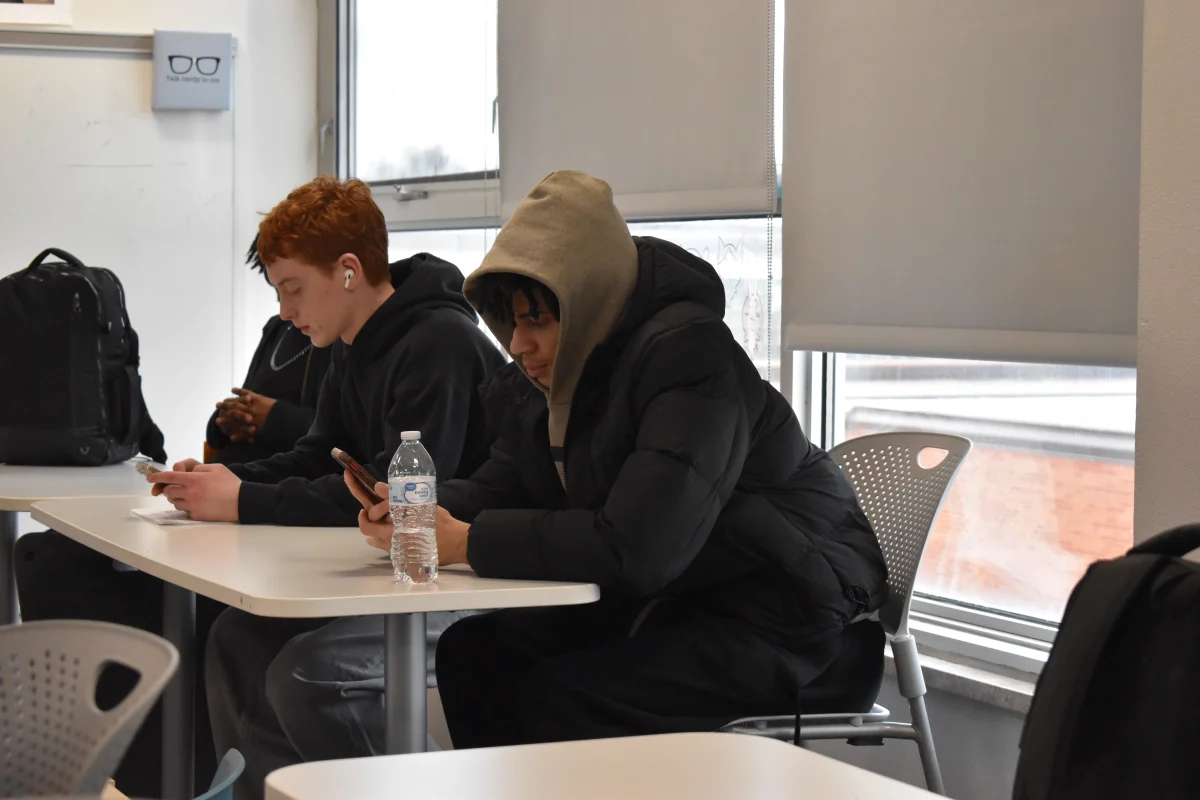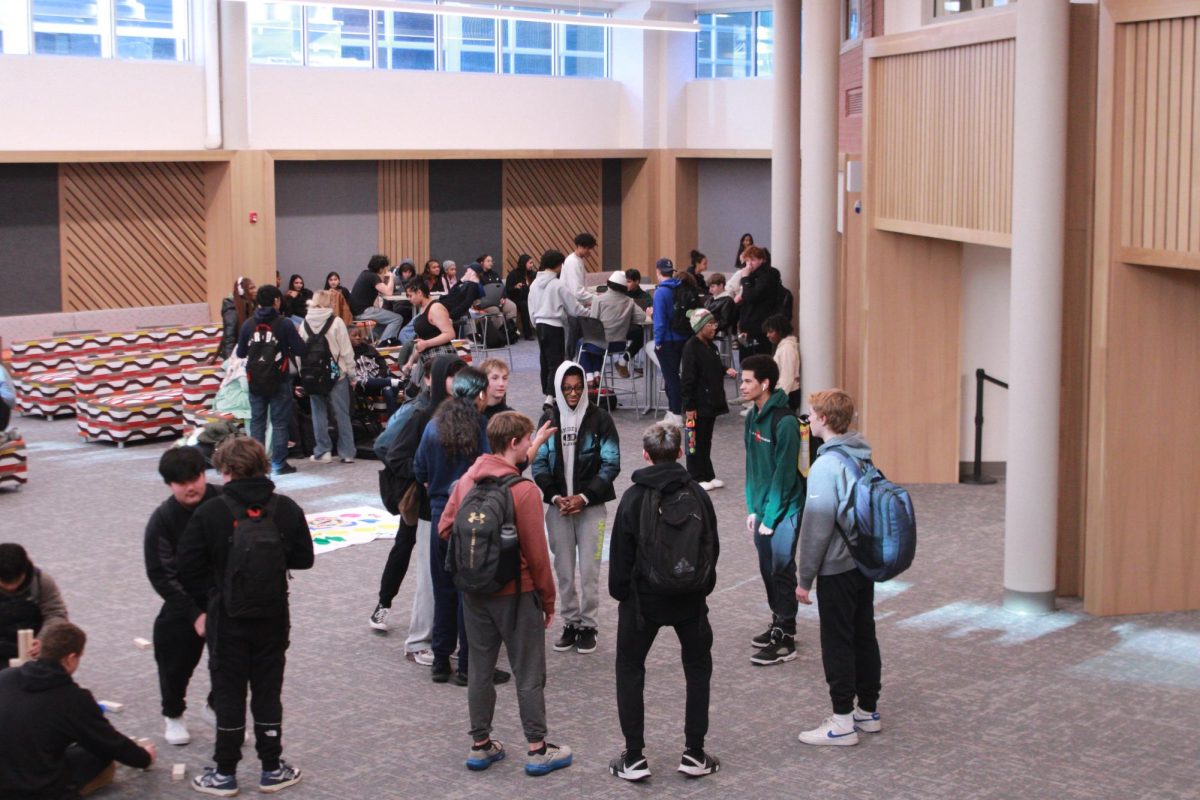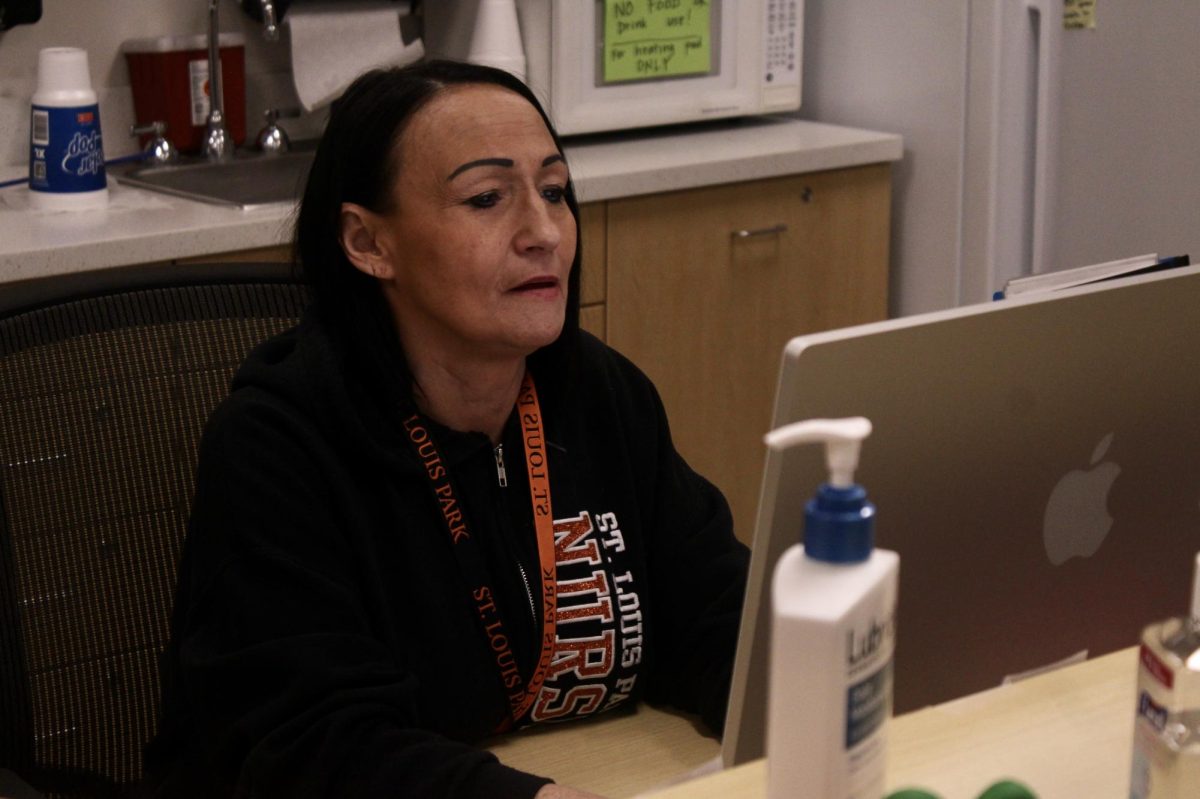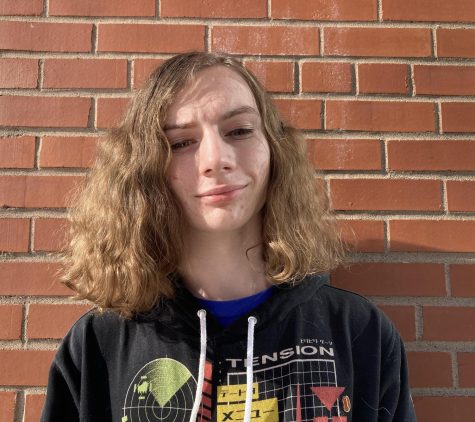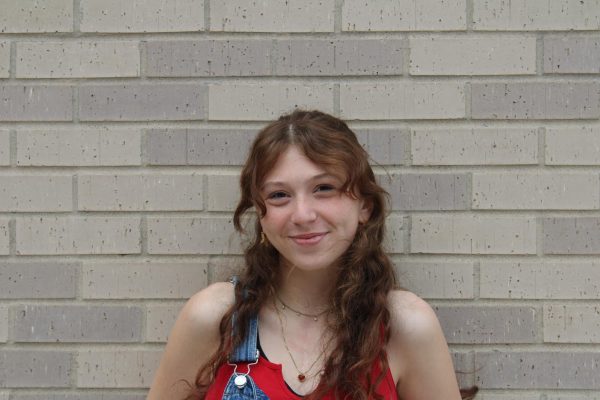According to the National Library of Medicine, 86% of high school to college students drink a caffeinated beverage at least once a month. With caffeine being a prominent stimulant in our society, is the normalization of this drug really a good thing?
According to Registered Nurse Katy Edstrom, there are a couple of big reasons for the normalization of caffeine usage, such as the tension students are put under.
“About 70% of teenagers are not getting enough sleep on school nights, so if someone is not getting enough sleep at night, caffeine can be a quick fix to help compensate for the lack of sleep,” Edstrom said. “I also think that the stress and busyness of our everyday lives is normalized, which feeds into using a stimulant to help us stay awake and alert.”
According to sophomore Lyn Wingenbach, many people drink coffee to cope with being tired from school, but said they believe students should find other ways to stay awake.
“I drink caffeine because I don’t get enough sleep because I’m doing too much school work,” Wingenbach said. “It’s people’s usual go to replacement for sleep, but I think we should find better ways to cope with sleepiness.”
It’s not just students either. Orchestra teacher Kou Lee said he drinks coffee and energy drinks to achieve more and be more alert on the job.
“(I drink) energy drinks and coffee. I feel like I need to because I’m tired in the morning, and after I drink it, I feel more awake and can be more productive,” Lee said. “It’s supposed to block something and not make you feel tired.”
According to Edstrom, though many people drink caffeine, the drink isn’t particularly healthy for people and can cause negative effects when drunk in excess.
“There are negatives to drinking too much caffeine,” Edstrom said. “Anxiety, insomnia, dehydration, restlessness, headaches and migraines, and increased heart rate are among the negative symptoms.”
According to Lee, the cause of drinking coffee is primarily social, even in the face of the negative effects.
“They see their parents drink it and they pick it up, and they see their peers drink it and they pick it up,” Lee said. “I believe everything is a social influence, and they just pick it up.”
According to Edstrom, if someone wants to lower their caffeine consumption, there are healthier ways to manage intake, from eating better to drinking beverages with less caffeine, such as tea.
“I would say eating a balanced diet and making sure you’re getting enough sleep at night (is important) — just taking care of ourselves. I can’t think of any alternatives to caffeine that do a similar thing, but I think drinking lower caffeinated beverages would be good,” Edstrom said. “Tea has about a third of the caffeine of a cup of coffee. Making those types of choices (would be good). Instead of having three cups of coffee, have three cups of tea.”



